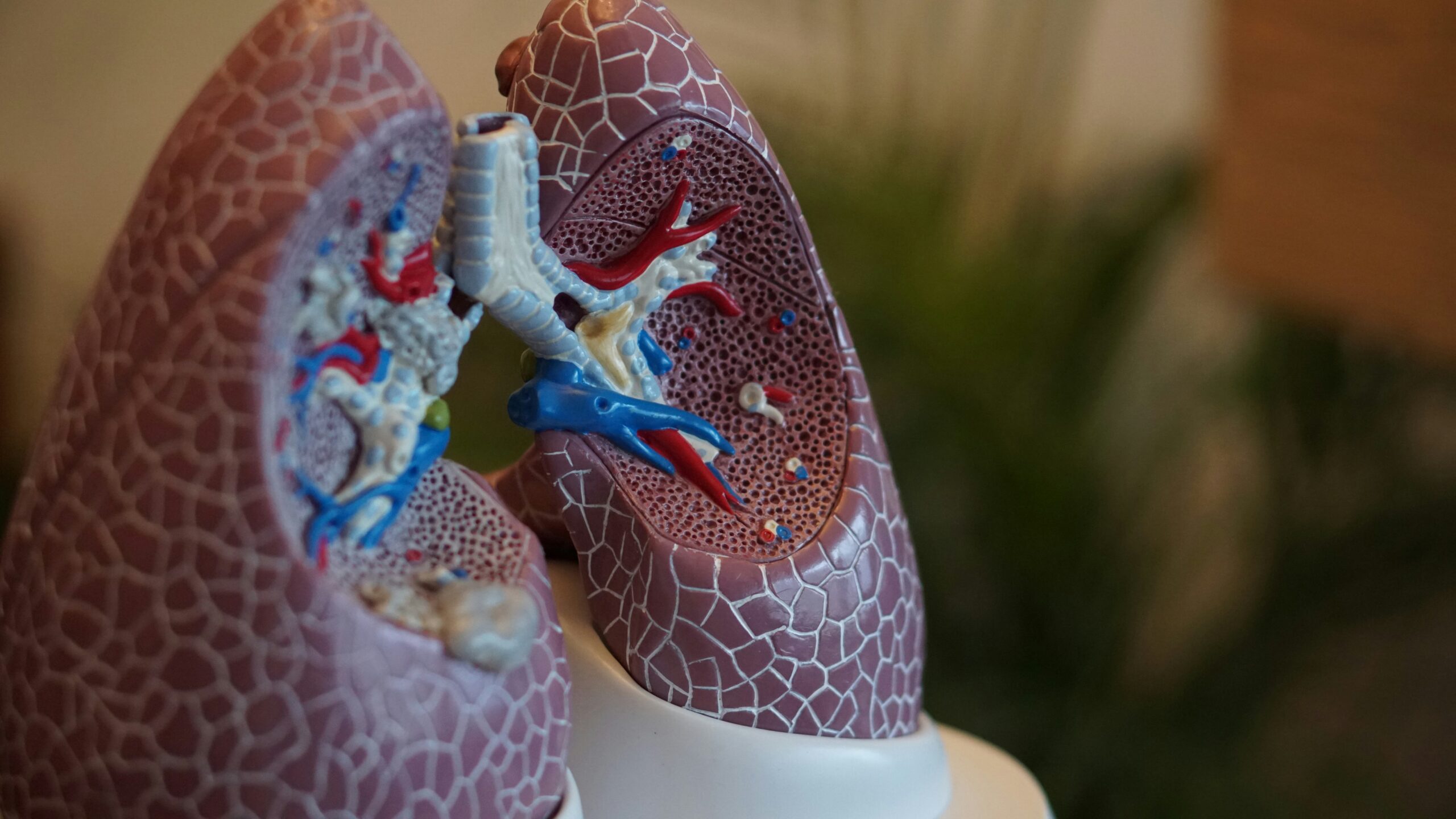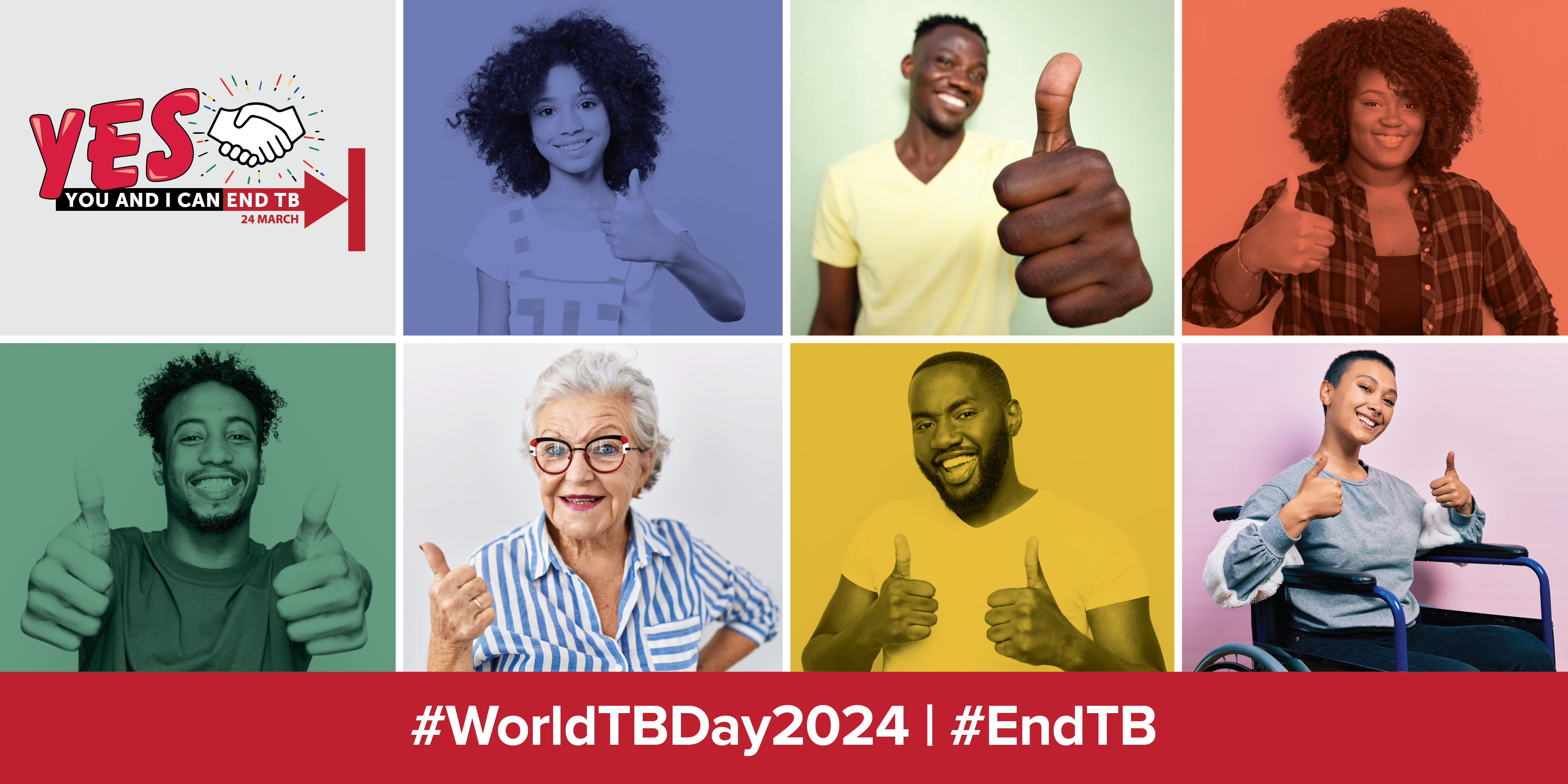Transgender women in South Africa have actively participated in HSRC studies to explain structural, social and cultural factors contributing to their disproportionate health and social burdens. Some of this and other research has been synthesised into a policy brief to inform better healthcare and other services for this marginalised group. The findings and recommendations of this policy brief by Dr Allanise Cloete are summarised by Antoinette Oosthuizen.
Transgender women face healthcare and socioeconomic challenges due to stigma, discrimination, exclusion, gender-based violence and restricted access to services and resources. Using a participatory research approach HSRC researchers have worked with this community in studies aimed at understanding and improving their lives. Focusing on healthcare, some of this work has informed a briefing document that aims to guide policies towards improving services and support for transgender women.
Gender nonconformity and the need for better policy
Transgender women are individuals who were assigned male sex at birth but socially identify as women. The issue is complex, as some individuals also identify as gender-fluid or prefer not to conform to traditional gender labels. They may also be straight, gay or bisexual or find conventional sexuality labels inapplicable.

The policy brief on improving transgender women’s access to gender-affirming healthcare dedicates a section to describing current policy and highlighting gaps. For example, the South African Constitution prohibits discrimination based on sexual orientation and gender, and the Alteration of Sex Description and Sex Status Act, 2003 (Act No. 49 of 2003) makes provision for transgender people to align their legal status with their lived gender identity. However, this Act is ‘inherently medicalised’ and excludes the majority of trans and gender-diverse persons from accessing legal gender recognition, since it requires a medical diagnosis and intervention.
But many working class, peri-urban or rural transgender persons can’t afford the medical and surgical care needed for transition, which is limited to private and academic hospitals located in major city centres. The Act also only recognises the selection of one of two genders, and not fluid or non-conforming identities.
Photo: Helder, Pexels
HIV and TB prevalence
In 2015, the population size for transgender women was estimated at 72,156 after an HSRC mapping study commissioned by the Global Fund through the South African National AIDS Council.
In 2018 and 2019, the HSRC conducted the Botshelo Ba Trans Study, the first ever bio-behavioural survey among transgender women in South Africa, with 888 participants from the metropolitan areas of Cape Town, Johannesburg and Buffalo City.
The findings showed that HIV disproportionately affected transgender women, with an HIV prevalence among participants of 63.3% in Johannesburg, 46.1% in Buffalo City and 45.6% in Cape Town. This reflected estimates among transgender women in Lesotho (50%), Mumbai, India (63%) and in a study conducted by the US Centers for Disease Control and Prevention among ‘black’ African American transgender women (51%).
The findings showed that HIV disproportionately affected transgender women, with an HIV prevalence among participants of 63.3% in Johannesburg, 46.1% in Buffalo City and 45.6% in Cape Town. This reflected estimates among transgender women in Lesotho (50%), Mumbai, India (63%) and in a study conducted by the US Centers for Disease Control and Prevention among ‘black’ African American transgender women (51%).
Despite tuberculosis (TB) being one of the most serious HIV-related health conditions, and despite transgender women already being prioritised as a key population for HIV, they have not been included as a key population for TB interventions in South Africa’s National Strategic Plan for HIV, TB and STIs (2017–2022). No formal prevalence studies of TB among transgender women in South Africa exist, nor do gender-disaggregated data from routine surveillance statistics. In South Africa, organisations representing transgender women have reported a high burden of TB among their members, driven by poverty, poor living conditions, high HIV prevalence and stigma. Poverty, unemployment and homelessness are also key predictors of HIV risk and low retention in HIV care.
Unemployment
Unemployment rates among transgender women in the Botshelo Ba Trans Study ranged from 30% to 60%, with the majority having no income. Some end up being homeless or living in extreme poverty. Their employment pathways are disrupted early on, often through education exclusion due to school-based victimisation and social rejection. Many don’t have family support and experience workplace discrimination if they do find employment. In the South African context, intersections between race, class and gender further compound the socioeconomic vulnerability experienced by ‘black’ and ‘coloured’ transgender women.

Expressing their identity resulted in rejection by family, schools, churches, community structures and previous friendship circles. This rejection of identity was seen as deeply entrenched and highly sensitive. The researchers emphasised that the impact of stigma and social exclusion should not be seen as a single event or a series of individual events, but as a continuous process, which renders them vulnerable to poverty and ill health.
Recommendations in the policy brief
The researchers and transgender participants made several recommendations in the policy brief.
Addressing legal changes included advocating for policy reform to ensure equitable access to gender-affirming care, including hormone therapy. They recommend that gender recognition law be demedicalised and allow for broader inclusion beyond the gender binary.
Furthermore, the Prevention and Combating of Hate Crimes and Hate Speech Bill needs to be passed into law to combat hate speech and transphobically motivated hate crimes. The National Strategic Plan on Gender-based Violence and Femicide should also be refined and implemented to combat trans-misogyny, transphobia, and gender-based violence and femicide directed at this community.
The policy brief recommends various changes to the health system, including decentralisation of hormone therapy initiation and continuity of care from tertiary healthcare to the primary healthcare level. For example, the requirement for an endocrinologist to monitor gender-affirming hormonal care management is a major barrier to access for transgender persons, given that so few such professionals exist in South Africa. By decentralising gender-affirming hormonal care to primary healthcare providers, these services can be brought closer to where people live, including in rural areas.
This requires that training in the provision of gender-affirming healthcare to transgender women should form part of the primary healthcare training curriculum. Peer educators can help recruit and retain transgender women in care, and the National Department of Health should invest in established trans-led civil society organisations that provide transgender-friendly psychosocial services.
The brief recommends that hormone therapy be included in the essential medicines list and distributed via the government’s Central Chronic Medicines Dispensing and Distribution programme, which provides access to medications via community-based pick-up points instead of health facilities. Another suggestion was to use smartphone platforms to engage and retain transgender women in care.
The researchers also highlight sexual and reproductive healthcare as an area with a narrow focus on the provision of maternal and other reproductive healthcare services to heterosexual cisgender women. They recommend that holistic, tailor-made packages of care be developed for transgender persons to address issues such as fertility.
The researchers also advocate for medical aid scheme policy amendments to remove the exclusion of trans-affirming care from prescribed minimum benefits, in line with equity and social justice goals underpinning the reforms towards a National Health Insurance health system.
The transgender women and their organisations involved in the writing of this policy document have requested further involvement in the design, implementation and monitoring of the new systems.
Ongoing research
HSRC researchers are currently busy with a study analysing transgender and gender-diverse students’ experiences, needs, challenges, policies and best practices at nine South African universities. According to Dr Allanise Cloete, a chief research specialist in the HSRC’s Human and Social Capabilities research division, the findings of this work may help us to understand institutional factors that are likely to shape the experiences of trans and gender-diverse students in higher education institutions in different parts of South Africa.
Researchers are also planning a study to look at safety and social justice for transgender and gender-diverse persons in Southern Africa: “The main aim of this research will be to explore how violence affects their lives. We will look at structural violence such as policies and laws that are inherently discriminatory towards trans and gender-diverse persons, systemic violence, which includes social stigma, and personal violence, including physical violence and hate-motivated crimes against trans and gender-diverse persons.”
Contacts:
Dr Allanise Cloete,a chief research specialist in the HSRC’s Human and Social Capabilities research division
The policy brief was summarised and edited by Antoinette Oosthuizen, a science writer in the HSRC’s Impact Centre


